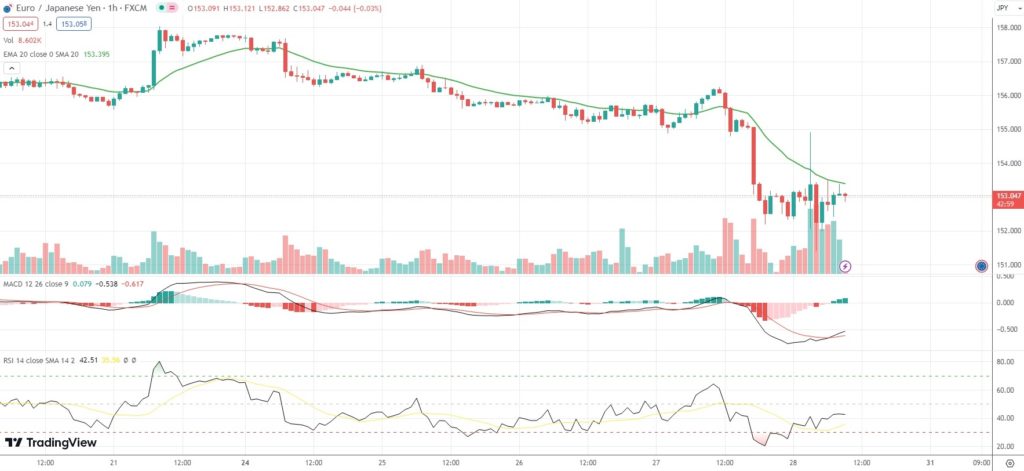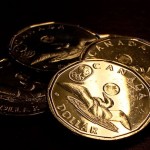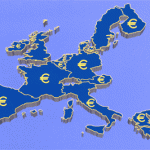Key points
- EUR/JPY trades not far from levels last seen in mid-June
- ECB hikes rates, to follow “data-dependent approach” to future policy decisions
- BoJ keeps key rates unchanged, but pledges yield curve control flexibility
EUR/JPY bounced off a fresh six-week low on Friday, but was still heading for a 2.9% weekly loss, the largest since September 2022, following policy decisions by the European Central Bank and the Bank of Japan.
The ECB raised its benchmark interest rate by 25 basis points to 4.25% on Thursday, while delivering a ninth successive rate hike.
This way, the rate on the central bank’s main refinancing operations was brought to its highest level since October 2008, as inflation is still expected to remain well above ECB’s target for too long despite the recent cooling.
The bank’s deposit facility rate was raised to a more than 22-year high of 3.75%.
The ECB said it would follow a “data-dependent approach” to future policy decisions and that interest rates would be set at sufficiently restrictive levels for as long as required to navigate inflation back down to the 2% target.
Meanwhile, the Bank of Japan on Friday left its benchmark short-term interest rate without change at -0.10% at its policy meeting and also kept a 0% cap on 10-year bond yields set under its yield curve control policy.
However, the central bank said it would offer to buy 10-year Japanese government bonds at 1% in fixed-rate operations, instead of 0.5% previously.
This has been taken as a sign that the BoJ will take measured steps to tighten monetary policy in case inflation pressures persisted.
“The inflation forecast for this fiscal year has been revised up quite significantly. We had been under-estimating upward pressure on prices. We haven’t changed the 2024 and 2025 forecasts much, but many board members appear to see risks skewed to the upside. There’s a lot of uncertainty on the outlook…,” BoJ Governor Kazuo Ueda said at a news conference following the policy decision, cited by Reuters.
“As for YCC, it would be pretty tough to deal with upside (inflation) risks once they materialise. The side-effect could be quite big. The bond market is pretty stable now and we saw uncertainty over the outlook very high. This was a good timing to make tweaks to our policy framework.”
As of 9:15 GMT on Friday EUR/JPY was inching up 0.05% to trade at 153.105. During the late phase of the Asian session, the minor Forex pair went down as low as 151.401. The latter has been the pair’s weakest level since June 14th (150.920).






